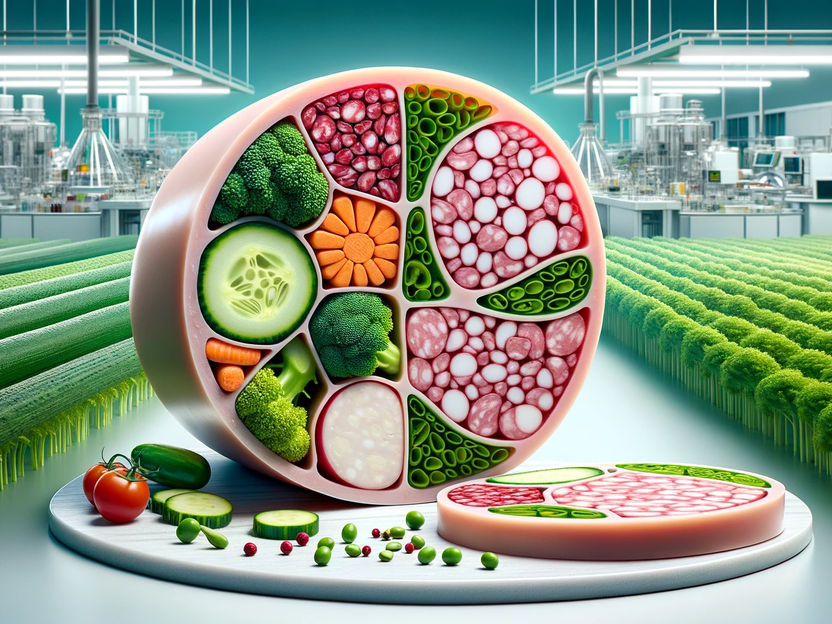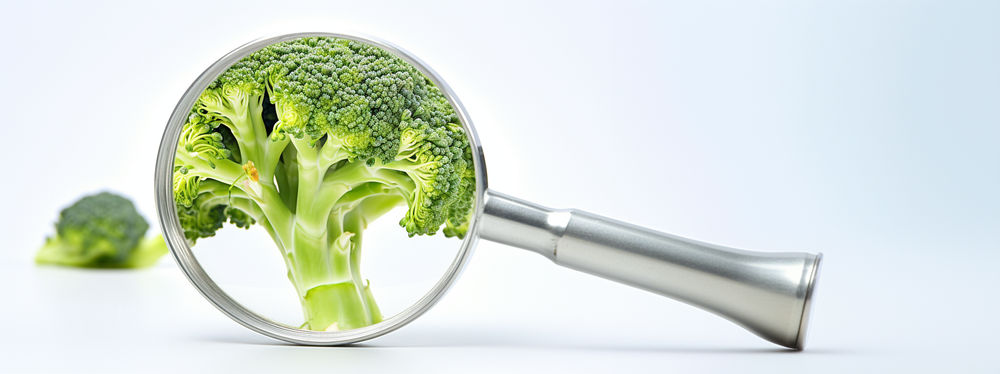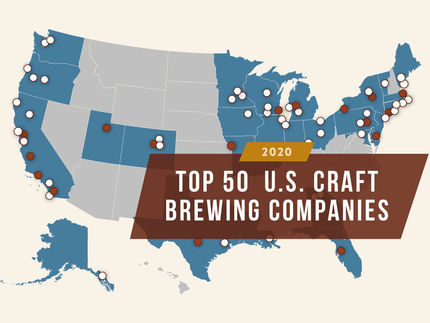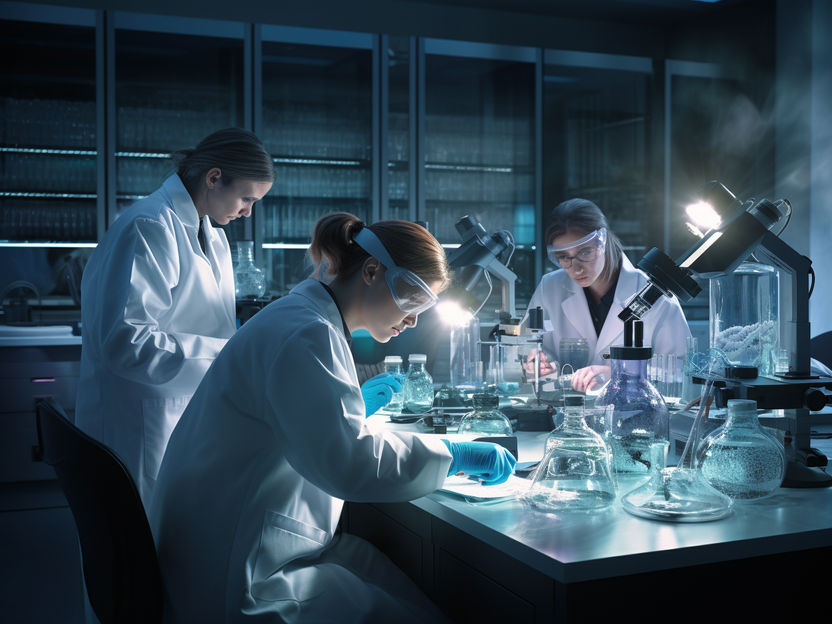InFamily Foods reaches next milestone in protein supply of the future
Advertisement
InFamily Foods continues to expand its protein strategy: Its subsidiary The Cultivated B (TCB) has entered into initial discussions with the European food safety Authority (EFSA), officially entering the preliminary process for approval of a hybrid sausage product made from plant-based ingredients and cultured meat. This makes TCB the first biotech company in the world to be in the process of EFSA certification for cultured meat.

Symbol image
Computergenertiertes Bild
"Both cultured meat and precision fermentation products are on the verge of breakthrough in numerous countries. With the expansion from being a technology provider for cultured products of The Cultivated B, InFamily Foods Group now also becomes a producer of cultured meat products and further expands the group's integrated protein strategy. At the same time, we are taking an important step towards the industrial implementation of cultured meat products," says Dr. Wolfgang Kühnl, Managing Partner of InFamily Foods Holding.
One of the biggest challenges in cultured meat is achieving the enormous production volumes demanded by the food industry and finding appropriate price points. "TCB's early engagement with EFSA is evidence that these barriers can be addressed," said Dr. Hamid Noori, CEO of TCB. "Our group of companies is firmly advancing the industry of meat production from non-slaughtered animals for the masses, without compromising on quality or sustainability," continues Hans-Ewald Reinert, Managing Partner of InFamily Foods Holding. The product presented at EFSA resembles a hot dog or a frankfurter and was developed in close collaboration with sister company The Family Butchers. It is a hybrid sausage product consisting of vegan ingredients and cultured meat. "Combining the expertise of both companies ensures that consumers* continue to experience the familiar, delicious taste while benefiting from a more sustainable and ethically produced product" said Dr. Wolfgang Kühnl.
Heidelberg-based The Cultivated B opened its first bioreactor production facility for the manufacture of alternative proteins for the food, pharmaceutical and cosmetics industries in Burlington, Canada, approximately one year ago. With the introduction of this third division, InFamily Foods has evolved from a traditional ham and sausage producer into a technology provider for protein markets of the future. In addition to the traditional production of animal protein products at The Family Butchers and the production of plant-based vegan protein products at The Plantly Butchers, the group is now entering the cultured meat market.
TCB supplies all the components for the production of alternative proteins, from technology to products and services. Now the group is going one step further and plans to produce products from cultured meat itself in the future. The InFamily Foods Group is thus ushering in a new era of food production.
Note: This article has been translated using a computer system without human intervention. LUMITOS offers these automatic translations to present a wider range of current news. Since this article has been translated with automatic translation, it is possible that it contains errors in vocabulary, syntax or grammar. The original article in German can be found here.
Other news from the department business & finance
Most read news
More news from our other portals
See the theme worlds for related content
Topic world Food safety
Food safety is at the heart of the food and beverage industry. It ensures that the food we eat every day is not only nutritious, but also free of harmful contaminants. From field to plate, the industry monitors and regulates every step of the process with strict quality controls, advanced testing methods and continuous research.

Topic world Food safety
Food safety is at the heart of the food and beverage industry. It ensures that the food we eat every day is not only nutritious, but also free of harmful contaminants. From field to plate, the industry monitors and regulates every step of the process with strict quality controls, advanced testing methods and continuous research.






























































